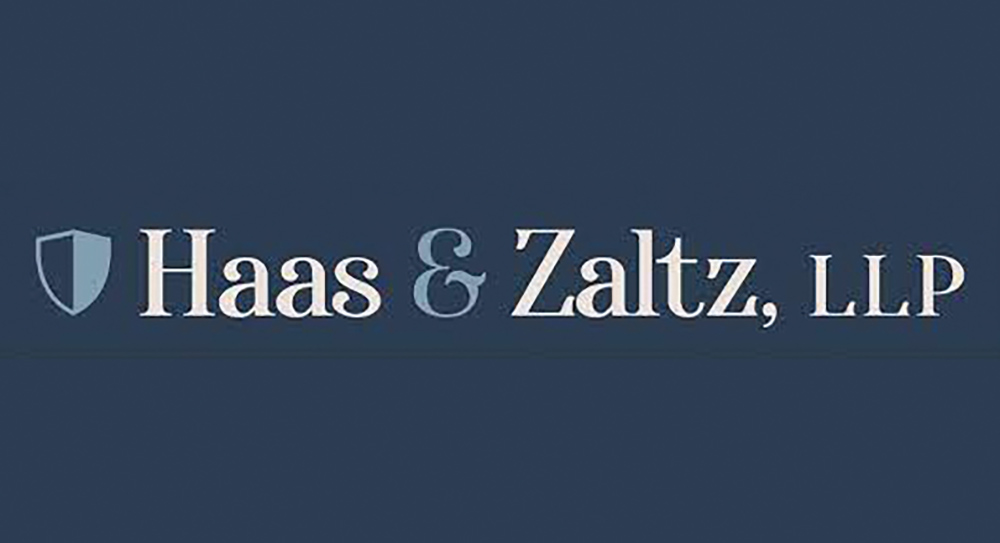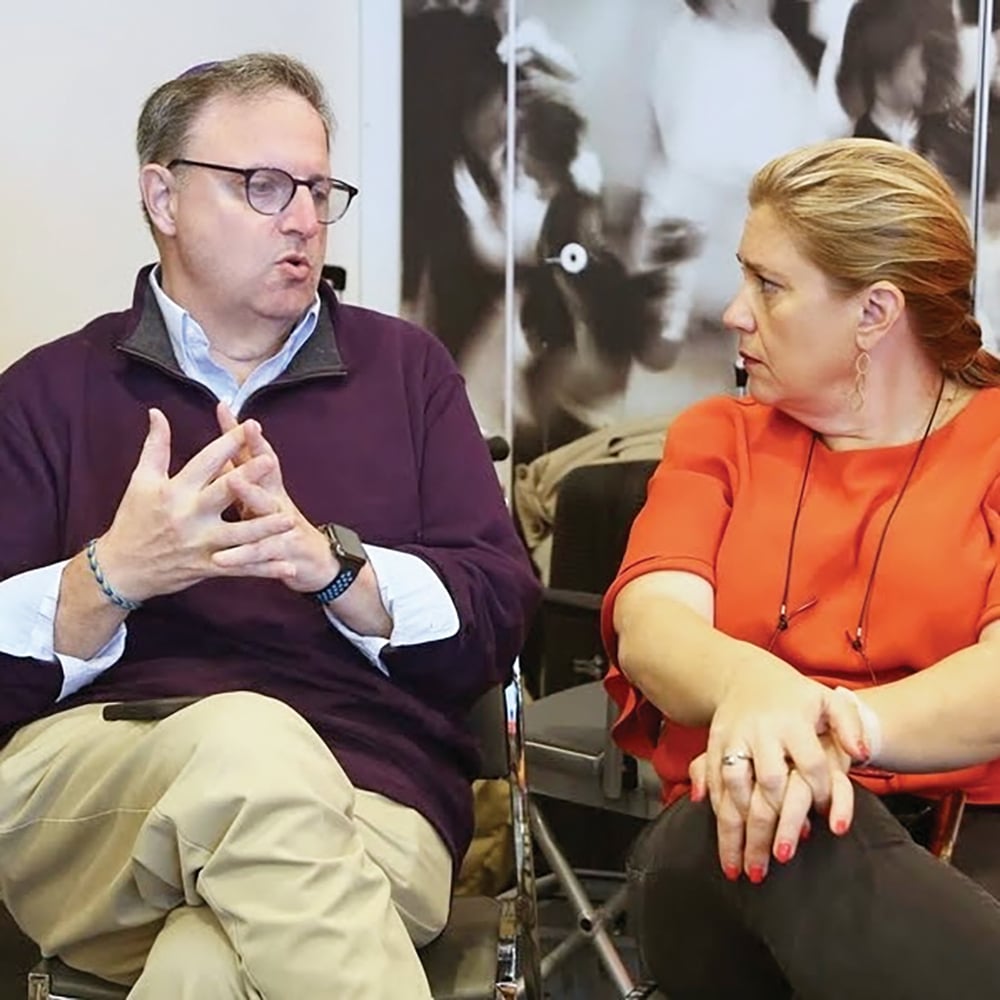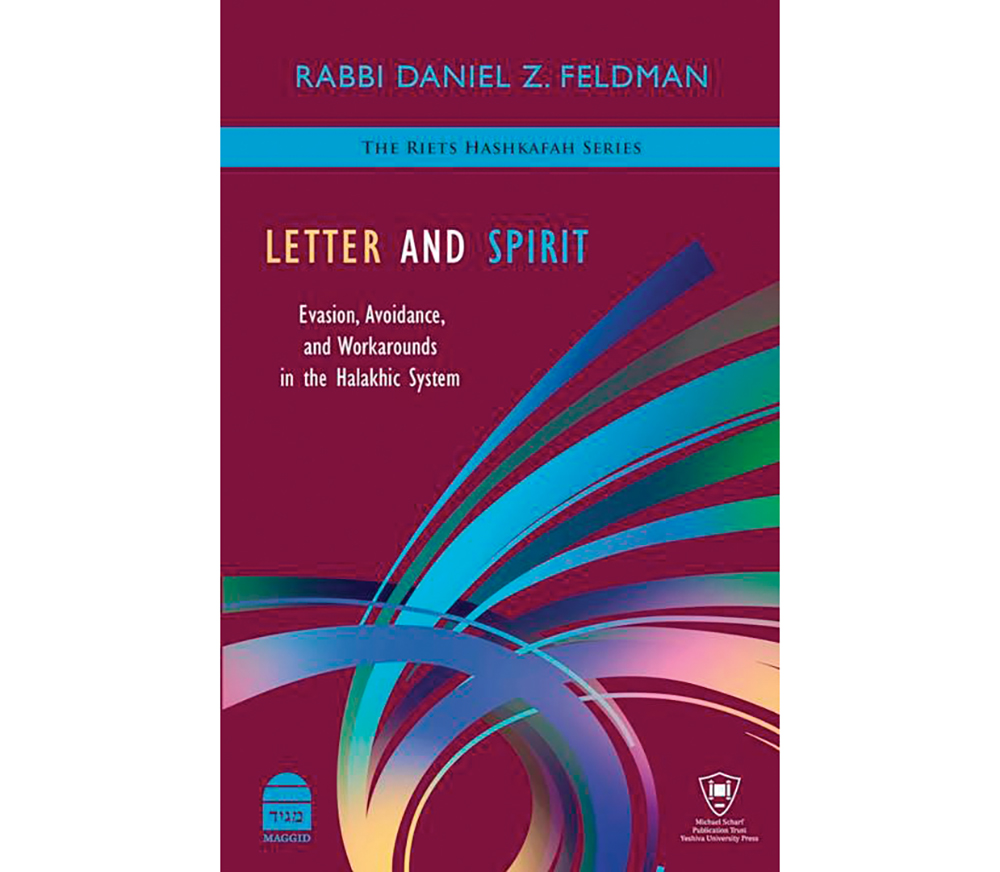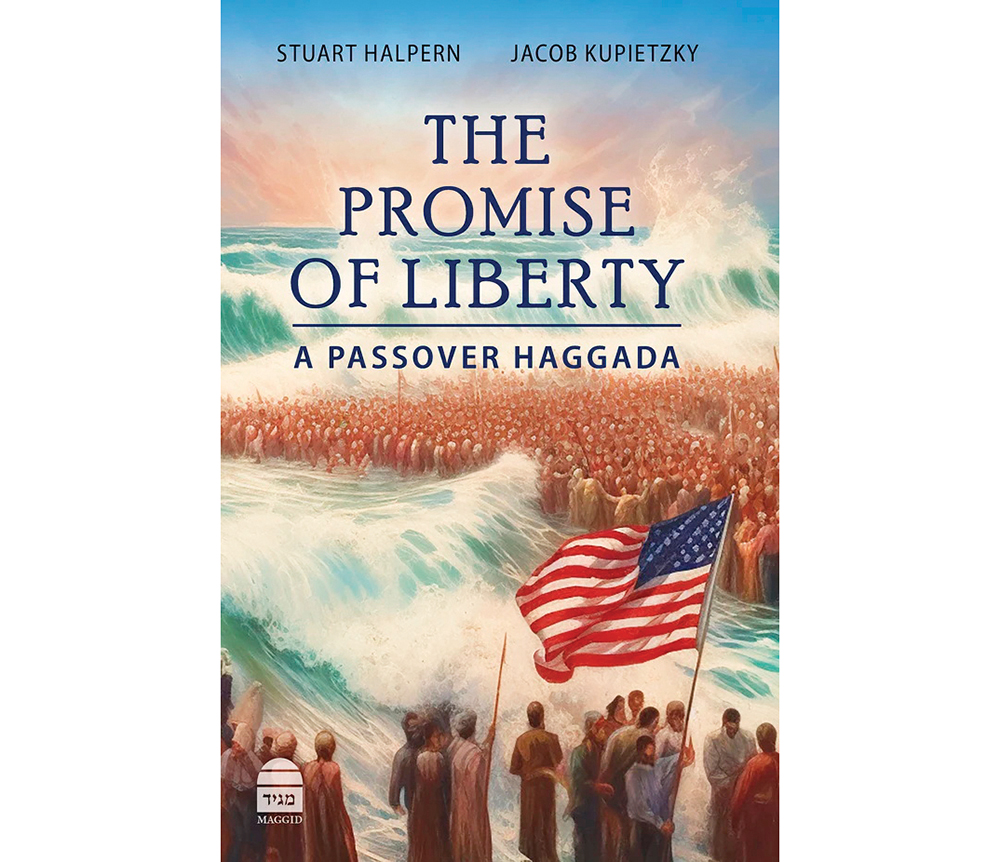
The Highland Park library apparently will not be the center of any Israeli-Palestinian fights for legitimacy, not this week anyway. Citizen safety and crowd-control concerns were cited as reasons for the cancellation of a planned June 5 public meeting of their library’s board of trustees.
The meeting was to focus on whether to reschedule a Jewish Voice for Peace-sponsored public library event featuring Golbarg Bashi, Ph.D., a Middle East studies instructor at nearby Rutgers University in New Brunswick, reading her 2017 self-published book, “P is for Palestine,” to children. The trustees meeting was planned to have included two hours of public comment and a trustee vote.
The reading was initially postponed due to loud vocal objection by a large swath of Highland Park’s vibrant Jewish community, primarily because of language in the book that whitewashed the word “Intifada,” casting it as a peaceful term meaning “to stand up for what’s right.” Even more concerning, said members of the community who read the book, it was written with no mention of the existence of Israel or the Jewish people, though many of the locations included in the book appear in both the Israel of the Bible and, subsequently, modern Israel.
The Council of American-Islamic Relations, the Jewish Voice for Peace, Palestine Legal, the Center for Constitutional Rights and the ACLU of New Jersey all voiced insistence that the event be immediately rescheduled. The American Library Association’s office of intellectual freedom on May 13 informed library director Jane Stanley that it was their advice to move forward with the event, citing free speech concerns and potential threats of legal action if the event were to be permanently canceled. On Change.org, an undated petition titled “Stop Ban of Palestine Children’s Book at Highland Park NJ Public Library!” had garnered almost 6,000 signatures as of this writing.
Another statement was circulated, called “Five Common Principles for the Jewish Community” in opposition to the book reading, primarily outlined a plan for an organized, peaceful protest without polemical action of any kind, and made it clear that the Jewish community did not oppose banning the book in any way. Rather, “a public reading of this book could rightly be viewed as an insult to Jewish sensibilities,” the statement said. “It does not acknowledge the right of Jews to live in Israel and the impact of two waves of terrorist violence (aka “Intifada”), which killed thousands of non-combatant Israeli citizens, American citizens and Palestinians.” The statement was circulated this week and had garnered approximately 75 signatures of confirmed community residents, rabbinic and community leaders as of this writing.
According to Highland Park’s public information officer, all members of Highland Park’s “small town” police force had been asked to be on duty the evening of the June 5 meeting, with backup requested from the Rutgers University campus police. However, with social media chatter reporting that people on both sides of the issue were organizing buses to come from Pennsylvania, New York and other places, the town was unsure of how many people would actually appear.
In the end, library director Jane Stanley, with input from Mayor Gayle Brill Mittler and Police Chief Richard Abrams, decided the public safety risk meant they “could not in good conscience proceed with the meeting,” a statement made on the library’s Facebook page and website said. On the advice of counsel, the trustees board president, Bruce Tucker, stated plans to reschedule the “P Is for Palestine” author talk, and, also, “the library will schedule a program around the book ‘I Is for Israel’ by Gili Bar-Hillel and Prodeepta Das as soon as possible.”
Brill Mittler, the mayor, told The Jewish Link that the concern for citizen safety and the unknown numbers of “out-of-towners” coming to the meeting outweighed the need for holding the meeting. “I realize that this will not please everyone and for some, it sidesteps some deep concerns about the book reading. I share some of those concerns. Yet we in Highland Park cannot solve the hotly contested Middle East conflicts. But we sure can show the world how we live in a peaceful, diverse community,” she said.
“Going forward I and the council will be calling on the library to develop a clear and transparent policy on which books are selected for public readings in our community,” Brill Mittler said.
The Vaad Harabonim of Raritan Valley, an Orthodox rabbinical council, made a statement in support of the decision. “We feared that a huge crowd would assemble for this meeting, and the meeting could easily erupt into a volatile confrontation between two opposing factions. In addition, the visible strong opposition of the Jewish community could endanger our religious institutions in the future,” the statement said.
“While it was critical for our community to demonstrate opposition to the planned book reading, when it was assumed that many outside interest groups, some hostile to Israel, would descend upon Highland Park, we prefer this compromise for the sake of public safety and to avoid potentially toxic confrontations between opposing sides. The Vaad supports this compromise which diffuses a potentially volatile and explosive situation, and we ask the community to show their support as well.”
The Vaad also asked that community residents do not attend the “P Is for Palestine” event, “to prevent possible conflicts and altercations.”
Rabbi Steve Miodownik, rabbi at Congregation Ahavas Achim in Highland Park, worked on the Vaad’s statement. He told The Jewish Link that the Vaad was concerned with “confrontations that could occur with two passionate and divergent factions warring in the same room,” and potentially demonstrating in large numbers outside the meeting.
“We still believe that the library’s initial decision to schedule the “P is for Palestine” book reading was insensitive and irresponsible and we call on the library to be much more careful in the future. The compromise to have dual book readings does not diminish our concerns over the book’s content and language, but we believe it is still preferable to holding a public forum that attracts extremists and could have created a volatile situation in our streets,” he said.
Community resident Josh Pruzansky shared his views that the trustees meeting was untenable, and potentially risky. “Highland Park is a small town. Our police department can only handle so much. While these events might be commonplace in New York City, they have 35,000 more police officers than we do,” he said.
Not every Jewish community member, nor even every rabbi in the Highland Park area, was in favor of the compromise. In addition to scores of comments objecting to the decision on the library’s Facebook page and the pages of community residents who shared the statement, many privately and publicly expressed their concerns. “Imagine that people wrote a book called ‘T Is for Tiananmen Square,’ and didn’t talk about the massacre that occurred there,” said Rabbi Eliot Malomet, rabbi of the Highland Park Conservative Temple/Congregation Anshe Emeth, in an interview. “It provides legitimacy to this book and makes the children’s reading room a battleground for ideology and propaganda. We need to unmask the lies that are being presented here. That book is being presented as an exercise in tolerance and understanding, but that is a lie, by renowned provocateurs.”
“I realize it [the compromise] is for the sake of shalom bayit, but it kicks the issue down the road. We all know what the Intifada is, and the lives affected and destroyed by it. This is now going to be played out in a children’s reading room. If that is not the abuse of children, I don’t know what it is,” Malomet said.
Rabbi Malomet said he believed his view is a reflection of the majority view of the Jewish community in Highland Park. “We are deeply disturbed by this. If people drill down into what this compromise this, it’s a way they bury the issue as a tactical delay, but make no mistake: We need to call it out for what it is. It’s a lie and an abuse of public space.”
Lisa Geller, a community resident, also took the opportunity to note that using the vast array of technology available these days might have eliminated the security risk and garnered residents’ comments and opinions, without the need for unilateral decision-making, behind closed doors. “If security was an issue, they could have held an online meeting with no physical location! Then the physical security threat goes away, and the online meeting moderator can completely control the meeting… he/she can mute all participants, they can delete an unruly or inappropriate commenter, etc. Alternatively, they could have provided an online forum or designated email address for people to write in their comments, and then read the resident comments at a closed-door meeting. Technology provides many ways to hear our voices without a physical security threat,” she told The Jewish Link.













